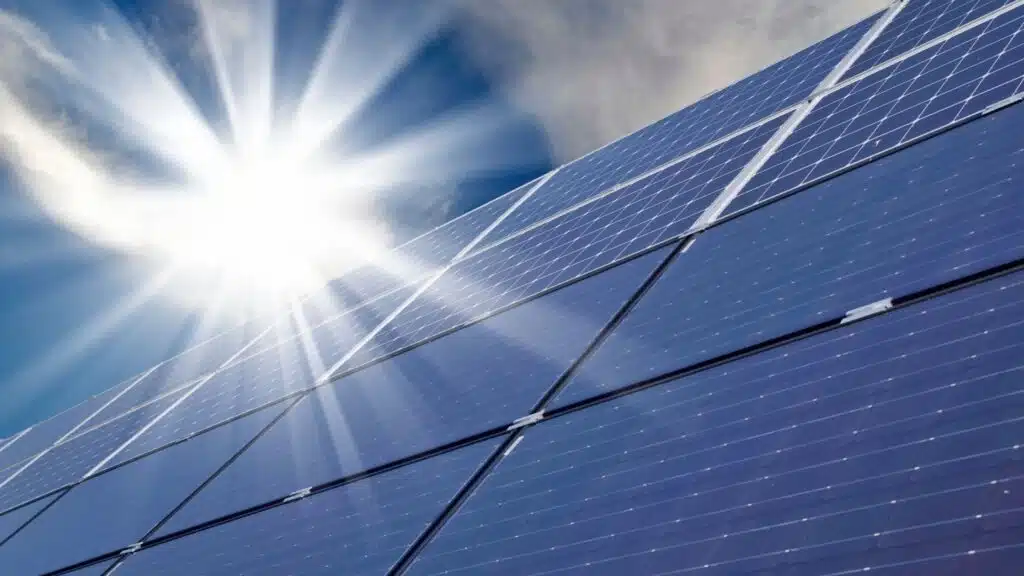
In recent years, the adoption of home solar systems has surged as homeowners increasingly seek sustainable and cost-effective alternatives to traditional energy sources. A home solar system comprises photovoltaic panels installed on rooftops or in open areas to harness sunlight and convert it into electricity. You can find valuable information about factors affecting the costs of solar panels on the website recommended. This article explores the myriad benefits of embracing solar energy for residential use.
Environmental Benefits
One of the most compelling reasons to invest in a home solar system is its positive impact on the environment. By harnessing the power of sunlight, solar panels produce clean and renewable energy, significantly reducing reliance on fossil fuels. This transition to solar energy leads to a substantial decrease in carbon footprint and greenhouse gas emissions, making it a crucial step in combating climate change.
Financial Savings
While the initial investment in solar panels may seem daunting, the long-term financial benefits far outweigh the upfront costs. Homeowners can enjoy substantial savings on their electricity bills as solar systems generate electricity independently, reducing dependency on the grid. Additionally, government incentives, such as tax credits and rebates, further offset the initial expenses, making solar energy an economically viable choice.
Energy Independence
Home solar systems offer a pathway to energy independence by reducing dependence on finite and environmentally harmful fossil fuels. With solar panels installed, homeowners can enjoy a stable and predictable energy supply, unaffected by fluctuations in fuel prices or geopolitical tensions. This independence provides peace of mind and financial security in the face of uncertain energy markets.
Increased Property Value
Investing in a home solar system can significantly enhance the value of residential properties. Studies have shown that homes equipped with solar panels command higher appraisals and sell faster than their non-solar counterparts. The presence of solar panels signals to potential buyers a commitment to sustainability and energy efficiency, making the property more desirable in today’s eco-conscious market.
Low Maintenance
Contrary to common misconceptions, home solar systems require minimal maintenance to ensure optimal performance. With no moving parts, solar panels are inherently durable and resilient to wear and tear. Routine inspections and occasional cleaning are typically the extent of maintenance tasks, making solar energy a hassle-free investment for homeowners.
Flexibility and Scalability
Homeowners have the flexibility to choose the size and configuration of their solar systems based on their energy needs and available space. Whether it’s a small rooftop installation or a sprawling ground-mounted array, solar technology offers scalability to accommodate varying requirements. This adaptability ensures that homeowners can tailor their solar systems to suit their lifestyle and future energy goals.
Remote Monitoring and Control
Advancements in solar technology enable homeowners to monitor and control their solar systems remotely through smartphone apps or online platforms. This feature allows users to track energy production in real-time, identify potential issues, and adjust system settings for maximum efficiency. Remote monitoring empowers homeowners to optimize their energy usage and maximize savings effortlessly.
Reliability
Solar energy offers a reliable and consistent source of electricity, even in adverse weather conditions. While solar panels perform best under direct sunlight, they can still generate power on cloudy days or during inclement weather. Additionally, backup battery systems can store excess energy for use during nighttime or grid outages, ensuring uninterrupted power supply for homeowners.
Contribution to Community
By investing in home solar systems, homeowners contribute to the overall resilience and sustainability of their communities. Solar energy reduces strain on local energy grids and helps alleviate peak demand periods, leading to a more stable and efficient distribution of electricity. Furthermore, the adoption of solar power sets a positive example for neighbors and encourages collective action towards a greener future.
Overcoming Challenges
Despite the numerous benefits of home solar systems, several challenges remain, including the initial cost barrier and misconceptions about effectiveness. However, ongoing advancements in solar technology and increasing public awareness are gradually addressing these obstacles, making solar energy a viable and attractive option for homeowners worldwide.
Future Outlook
The future of home solar systems looks promising, with continued advancements in technology and integration with smart home systems. Innovations such as solar shingles, transparent solar panels, and energy storage solutions are poised to revolutionize the residential solar market, making solar energy more accessible and efficient than ever before.
Case Studies and Success Stories
Real-life examples abound of homeowners benefiting from home solar systems. From drastic reductions in electricity bills to increased property values and environmental stewardship, solar energy has transformed countless lives for the better. Testimonials from satisfied homeowners underscore the tangible and long-lasting advantages of embracing solar power.
Conclusion
Home solar systems offer a myriad of benefits ranging from environmental sustainability and financial savings to energy independence and increased property value. By harnessing the power of sunlight, homeowners can enjoy clean, renewable energy while contributing to a brighter and more sustainable future for generations to come.


